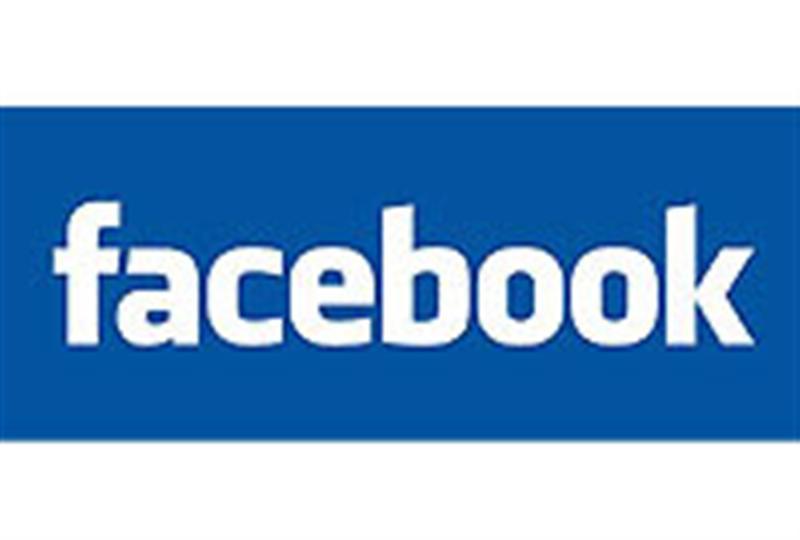KABUL (Pajhwok): Facebook is a good web portal for connecting people and virtual community but some users use this social media outlet to hoodwink people.
Facebook is more popular with Afghans than other social networks like Twitter, Flicker, LinkedIn, etc. Pajhwok Afghan News interviewed 100 Kabul residents on advantages and disadvantages of using Facebook.
A majority of the interviewees said Facebook was a good source for access to specific information and played a key role in raising public awareness on contemporary issues. But others complained of its misuse.
Pajhwok’s findings show the incorrect use of social networking websites created problems like fake accounts, cheating, harassment, discrimination and waste of time.
Good source for info-sharing
Eighty of respondents hailed Facebook as a good source of sharing information. Syed Ahmad, one of the interviewees, said the social media network with millions of users provided a good environment for sharing information and knowing the culture and religious views of others.
“I have direct contact with my friends via Facebook and freely share information with them on the website,” he said, adding the social media network helped inform people of latest news.
Another user, Abdul Salam Jawad, also shares Islamic information with his friends on Facebook. If someone uses social media correctly, a lot can be learnt and taught, according to him.
Fake accounts
Three of the respondents claimed some users had created fake accounts to disturb others, an unethical activity that served no purpose and violated the spirit behind the Facebook concept.
“A person found some photos of my friend and created a fake account in her name. He pictures have been uploaded her on Facebook,” Killid Radio worker Karishma Fakhri said. Some fake users wanted to denigrate others by uploading their photos and using their identities.
Zia Bumia, a journalist and advisor to the Wolesi Jirga speaker, said the use of social media had made huge a difference to people’s lives. “It depends on how people try to benefit from it. You can bring about a revolution like the Arab spring or promote your business.
“You can share public and private information. But, unfortunately, lately we see some people misuse it,” he added. Creating fake IDs, sharing obscene content and insulting others are some of the worrisome aspects of the social networking tool.
Deception
Two persons interviewed by Pajhwok, said they knew friends who were deceived through Facebook and subsequently landed in trouble. Mahdi Saqib said he knew a girl, who got acquainted with a boy on Facebook. She was promised marriage but after spending a lot of time with him, she was dumped.
Manezha Bashardost said everything had its pros and cons, including social media. Well-mannered people used it in an efficient way and indeed benefited from it, she remarked. She knows stories that led to physical brawls and imprisonment of youths.
Facebook addiction
Five persons acknowledged they were addicted to Facebook because of its excessive use and it was having a negative impact on their daily routines. One of the users, who wished not to be named, said: “I use Facebook all the time, even when I’m in bed.”
He knows it is having a negative effect on his life, but it is difficult for him to shun it. Facebook was also having a negative impact on his studies since it was his last year at school and he had to prepare for university entrance examinations, the student added.
Meanwhile, Kabul University teacher Dr. Nasir Habibi said claimed who use Facebook most of the time were suffering from retarded intellectual growth. He said any unlimited activity amounted to addiction.
Family trouble
Five interviewees acknowledged excessive use of Facebook had caused them family problems. Fareshta, 28, said: “Most of the time I saw my husband using Facebook, I urged him several time to quit it, but he did not agree and we started shouting at each other.”
Another woman said her spouse chatted with girls on Facebook all the time. “I am extremely annoyed by this habit of my husband and the day isn’t far-off when I will break his cell phone.”
Ethnic tensions
Of the 100 respondents, five believed Facebook was a good tool for the exchange of information, but warned through social media network people could be involved in fuelling ethnic rivalries. Zainab, an NGO worker, noticed during the last presidential and provincial council elections many people on Facebook waging a war of words on ethnic lines.
Regulatory framework
Mujibur Rahman Khilwatgar, executive director of the Media Support Organisation NAI, stressed the need for legislation to prevent the misuse of social media. He, however, said legislation would take time because it is a complex issue.
Najiba Maram, the information and cultural ministry broadcasting director, called Facebook a handy tool of communication in today’s world. She suggested social media networks should be used positively.
She said the Information Ministry was planning to chalk out a plan for preventing the negative use of Facebook and similar websites.
mds/hg/nh/mud
Visits: 3









GET IN TOUCH
NEWSLETTER
SUGGEST A STORY
PAJHWOK MOBILE APP